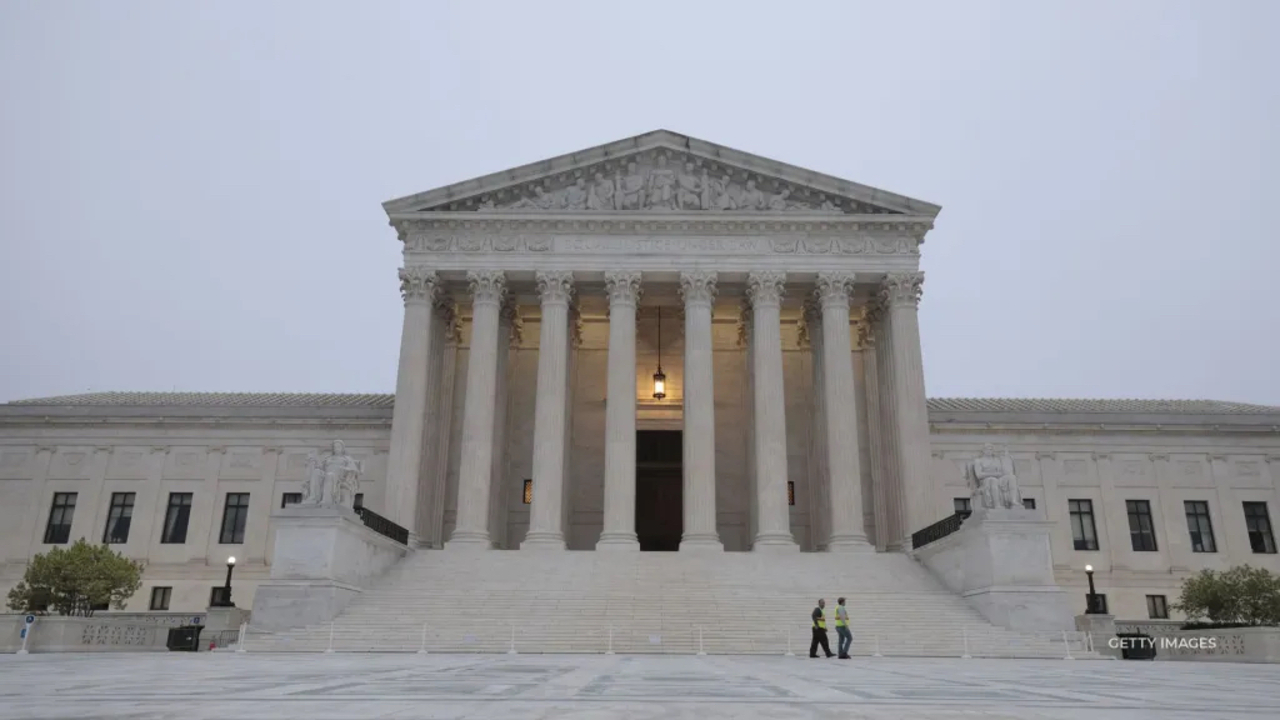
{ANCHOR}
The Supreme Court ruled two North Carolina state legislators can defend a voter ID law in court, even though it is already being defended by the state’s attorney general.
{VO – SCOTUS GENERIC}
In the case of Berger v. the North Carolina State NAACP, the nation’s highest court ruled 8-1. Justice Gorsuch authored the majority opinion writing “Through the General Assembly, the people of North Carolina have authorized the leaders of their legislature to defend duly enacted state statutes against constitutional challenge. Ordinarily, a federal court must respect that kind of sovereign choice, not assemble presumptions against it.
The case revolved around a North Carolina voter ID law the NAACP was challenging in court. The top two republicans in the North Carolina legislature wanted to defend the law because they said the state’s democratic attorney general was providing an inadequate defense.
{ANCHOR}
The NAACP says the voter ID law they’re challenging is unconstitutional and violates voting rights laws that are already in place. Straight from DC, I’m Ray Bogan.






